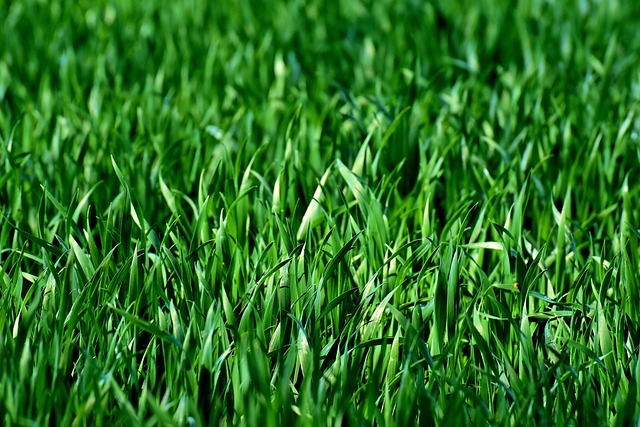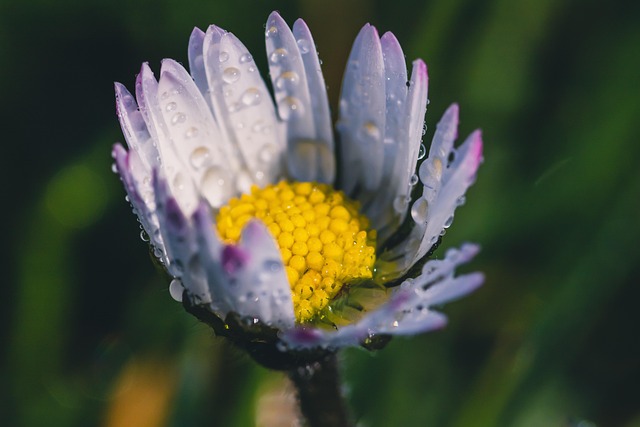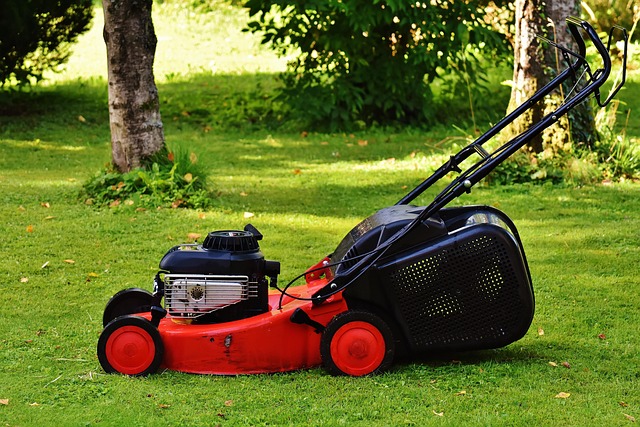Denver's climate presents challenges for lawn care. Bio-treatment strategies include using drought-tolerant grasses, organic fertilizers, and pesticides, and eco-friendly solutions like bio-pesticides and bio-stimulants to maintain lush green lawns while promoting environmental sustainability. Key steps involve selecting suitable grass varieties, preparing soil with compost, regular mowing, and deep but infrequent watering.
In Denver, with its unique climate and soil conditions, achieving a lush green lawn can be challenging. This article explores effective biological treatment strategies for common lawn issues specific to the Denver area. Discover natural solutions that promote grass health and resilience without harsh chemicals. Learn a step-by-step guide to transform your yard into a vibrant green oasis, detailing essential practices for successful lawn care in Denver.
- Understanding Denver's Unique Lawn Challenges
- Natural Solutions: Bio-treatment for Common Lawns Issues
- Step-by-Step Guide to Achieving Lush Green Grass
Understanding Denver's Unique Lawn Challenges

Denver, with its unique climate and elevation, presents specific challenges for cultivating a vibrant, lush green lawn. The city’s cold winters and hot, dry summers can take a toll on grass, making it difficult to maintain a healthy lawn that stays green year-round. Additionally, the high altitude reduces oxygen levels, affecting plant growth.
To achieve a robust and attractive lawn in Denver, homeowners and landscapers must understand these challenges and employ appropriate biological treatment strategies. This includes selecting drought-tolerant grass varieties suited for the region, implementing efficient watering practices, and utilizing organic fertilizers and pesticides to promote soil health and ward off pests naturally. By embracing these tailored methods, it’s possible to create and maintain a lush green lawn that thrives despite Denver’s particular environmental conditions.
Natural Solutions: Bio-treatment for Common Lawns Issues

In the pursuit of a vibrant, lush green lawn in Denver, natural solutions through bio-treatment offer an appealing and eco-friendly approach to common lawn issues. Bio-treatment leverages beneficial microorganisms and organic compounds to address problems like weed overgrowth, insect infestations, and soil compactness. For instance, applying bio-pesticides, which contain specific bacteria or fungi, can target and eliminate weeds without harming grass or the environment.
Similarly, bio-stimulants made from natural substances enhance lawn health by promoting root growth, improving nutrient absorption, and increasing resistance to diseases and pests. By understanding how these biological treatments work in harmony with nature, Denver residents can achieve and maintain that picture-perfect green lawn while also contributing to a more sustainable environment.
Step-by-Step Guide to Achieving Lush Green Grass

Achieving a lush, green lawn in Denver is a rewarding endeavor that combines the right plants with strategic care. Here’s a step-by-step guide tailored to Denver’s unique climate and soil conditions.
1. Select Suitable Grass Varieties: Choose grass seeds designed for Denver’s climate, like Kentucky Bluegrass or Fescues, which are hardy and adapt well to the region’s temperatures and humidity levels. This ensures your lawn thrives year-round.
2. Prepare the Soil: Conduct a soil test to determine its pH and nutrient levels. Amend the soil with organic matter, such as compost, to improve drainage, fertility, and structure. A healthy soil foundation is key for robust grass growth.
3. Planting Technique: Spread your chosen seeds evenly across the prepared soil, following package instructions for depth. Lightly rake the area to ensure good seed-to-soil contact, then gently water the lawn daily until germination occurs.
4. Watering and Maintenance: Newly planted lawns require consistent moisture. Water deeply but infrequently—aim for about 1 inch of water per week—to encourage deep root growth. As your lawn establishes, reduce watering to twice a week as needed. Regular mowing (around 2-3 times per week during the growing season) at the appropriate height will further promote lush growth.
Achieving a lush, green lawn in Denver doesn’t have to be challenging. By understanding the city’s unique environmental factors and adopting natural bio-treatment strategies, you can transform your lawn into a vibrant oasis. Following the step-by-step guide provided, you’ll gain the knowledge and tools necessary to nurture healthy grass, ensuring your lawn becomes the envy of the neighborhood. Implement these strategies today and experience the rewarding results of a thriving, green Denver lawn.
